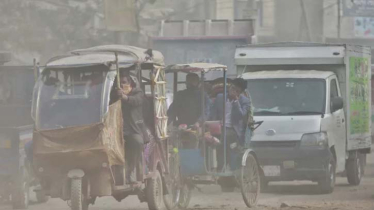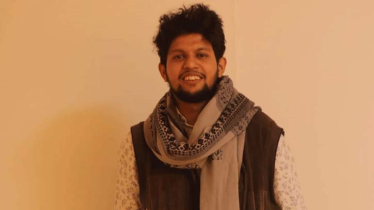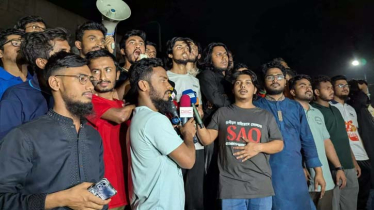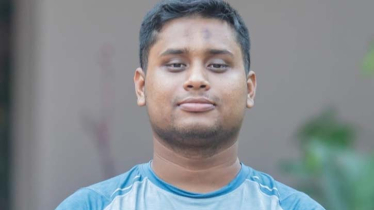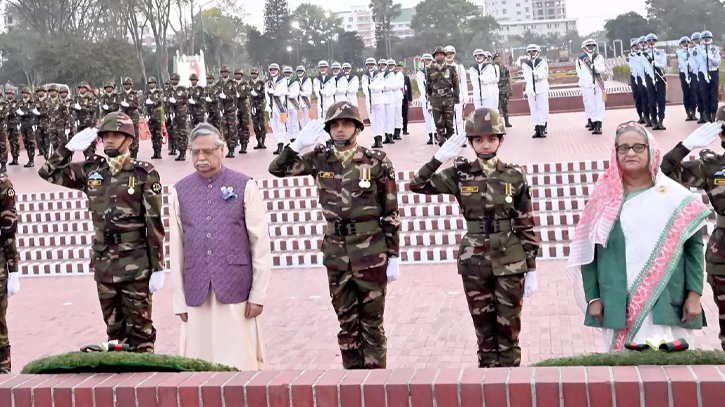
Photo : Collected
Bangladesh on Tuesday observed the nation's Independence Day and the National Day with due solemnity and enthusiasm.
On March 26, 1971, Father of the Nation Bangabandhu Sheikh Mujibur Rahman declared Bangladesh's independence following the crackdown on unarmed Bangalees on the midnight of March 25 by the Pakistani occupation forces.
After the nine-month War of Liberation with the supreme sacrifices of three million people and at the cost of sufferings like rape and torture of two lakh women, Bangladesh achieved its cherished independence on December 16, 1971. The day (March 26) was a public holiday.
In the morning, Prime Minister Sheikh Hasina paid tributes to Father of the Nation Bangabandhu Sheikh Mujibur Rahman on the occasion of the Independence Day-- also the National Day.
President Mohammed Shahabuddin, Prime Minister Sheikh Hasina and Bhutanese King Jigme Khesar Namgyel Wangchuck also paid tributes to the martyrs of the Liberation War at Savar.
They paid their homage by placing wreaths at the National Mausoleum in Savar on Tuesday morning, marking the day.
On her return from the National Mausoleum in Savar, the Prime Minister paid homage to the Father of the Nation by placing a wreath at his portrait in front of Bangabandhu Memorial Museum at Dhanmondi 32 in Dhaka.
After placing the wreath, she stood there in solemn silence for some time as a mark of profound respect to the memory of Bangabandhu, the architect of Bangladesh's independence. Sheikh Hasina stayed at Bangabandhu Memorial Museum for some time.
Flanked by central leaders of the Awami League, Sheikh Hasina, president of the party, laid another wreath at the portrait of Bangabandhu on behalf of AL. Later, the PM released a commemorative stamp on the Independence Day.
The PM unveiled the commemorative postage stamp of Tk 10, the first-day cover of Tk 10 and a data card of Tk 5 at a ceremony at her official residence--Ganabhaban.
The national flag was hoisted atop government and private buildings while the government and semi-government buildings and other public places were illuminated.
Different socio-cultural and political organisations celebrated the day with elaborate programmes.
National dailies published special supplements while Bangladesh Betar, Bangladesh Television, and private radio and television channels aired special programmes highlighting the significance of the day.
Special prayers were offered at all mosques, temples, churches and other places of worship across the country, seeking divine blessings for the eternal peace of the departed souls of the Father of the Nation, four national leaders, martyrs of Liberation War and all other patriotic sons of the soil.
Special food was distributed at institutions like hospitals, jails, child care and old age homes and day care centres.
Children's parks, museums remained open for all throughout the day. Also vessels of the Bangladesh Navy and the Coast Guard were opened from 9 am till 2 pm for people to visit at Chattogram, Khulna, Mongla, Payra port, and Bangladesh Inland Water Transport Authority (BIWTA) terminals in Dhaka, Narayanganj, Barishal and Chandpur.
Similar programmes at district, upazila level, and Bangladesh embassies in different countries were arranged to highlight the significance of the Independence Day.
Messenger/Sajib





